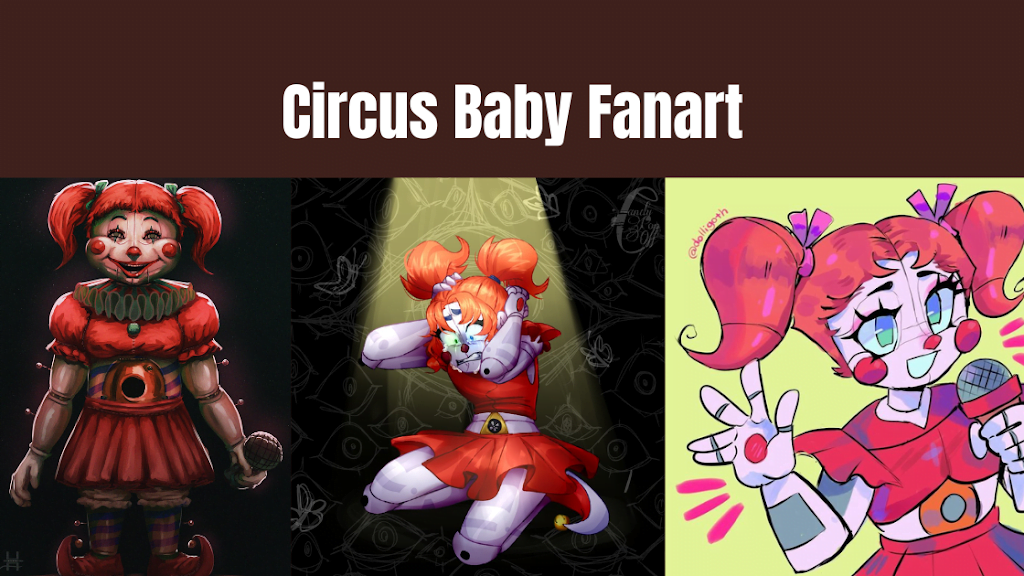Zman Blog covers intricate interplay of individual rights, group dynamics, and progressive thought. In this comprehensive exploration, we aim to understand how personal freedom, collective responsibility, and societal progress intersect and influence one another. It is examining paradoxes, cultural contexts, and historical references. We seek to provide a nuanced perspective on these complex themes.
Understanding Individual Rights
Individual rights refer to the freedoms and liberties that each person is entitled to, often protected by law or social norms. These rights are foundational to democratic societies, ensuring that every individual has the ability to pursue life, liberty, and happiness without undue interference.
Personal freedom is the ability to make choices and act independently. It is a cornerstone of individual rights, allowing people to express themselves, pursue their interests, and live without oppressive constraints. The preservation of personal freedom is essential for fostering creativity, innovation, and personal growth.
Liberty, closely related to personal freedom, emphasizes the absence of external restrictions on an individual’s actions. It encompasses both negative liberty (freedom from external constraints) and positive liberty (the capacity to act upon one’s free will). Together, these forms of liberty create a framework for individual autonomy and empowerment.
Group Dynamics and Responsibility
Group responsibility refers to the collective accountability of a group for its actions and decisions. It highlights the importance of mutual support, shared goals, and the impact of group behavior on society. Understanding Zman Blog group responsibility helps in addressing collective challenges and promoting social cohesion.
Collective morality involves shared ethical standards and values within a group. It guides behavior and decision-making, ensuring that actions align with the group’s moral framework. Collective morality can strengthen social bonds but may also conflict with individual rights, requiring careful balance.
Zman Blog share Balance of individual and group rights is a complex task. It is requiring consideration of both personal freedoms and collective well-being. This balance is crucial for maintaining social harmony and ensuring that neither individual liberties nor group responsibilities are undermined.
The Progressive View on Society
The progressive moral framework advocates for social reform and justice, emphasizing equality, inclusivity, and the protection of marginalized groups. Progressives seek to address systemic issues and promote policies that advance societal well-being.
Identifying the moral purpose involves understanding the ethical goals and motivations behind progressive actions. This purpose often includes promoting fairness, reducing inequality, and enhancing the quality of life for all members of society.
In the modern context, progressivism addresses contemporary challenges such as climate change, social inequality, and human rights. Progressive policies aim to create sustainable and equitable solutions, reflecting a commitment to continuous social improvement.
Navigating Paradoxes in Morality
The Sorites Paradox, also known as the paradox of the heap, questions how small changes can accumulate to create a significant difference. It challenges the clarity of boundaries and definitions, illustrating the complexity of making moral judgments.
The rights paradox arises when the exercise of individual rights conflicts with collective rights or societal norms. This paradox highlights the tension between personal freedoms and social responsibilities, requiring thoughtful resolution.
Moral contradictions occur when ethical principles clash, creating dilemmas that are difficult to resolve. These contradictions often surface in debates about individual versus group rights, progressive versus conservative values, and other complex issues.
American Culture and Society
The American collective entity refers to the shared identity and values of the American people. It encompasses diverse cultures, traditions, and beliefs. It is forming a dynamic and evolving national character.
Hyper-moralization involves the excessive application of moral judgments to various aspects of life. In American society, this phenomenon can lead to polarization and conflict, as individuals and groups impose their ethical standards on others.
Zman Blog Mass culture refers to the widespread dissemination of cultural products and ideas through media and technology. It shapes public perceptions, influences social norms, and can either promote unity or exacerbate divisions within society.
Historical Perspectives
The Battle of Gettysburg, a turning point in the American Civil War, offers valuable lessons about sacrifice, resilience, and the fight for justice. It serves as a reminder of the importance of standing up for individual rights and collective freedoms.
Socrates, the ancient Greek philosopher, emphasized the importance of questioning and seeking truth. His teachings encourage critical thinking and the pursuit of knowledge, which are essential for understanding and resolving moral dilemmas.
Old Norse traditions, with their rich mythology and cultural practices, provide insights into ancient concepts of honor, duty, and community. These traditions highlight the balance between individual bravery and group loyalty, offering timeless wisdom for modern society.
Theories and Philosophies
The theory of everything seeks to explain all physical phenomena through a single, unified framework. In the context of social and moral issues, it represents the quest for comprehensive understanding and the integration of diverse perspectives.
The universalist mind embraces the idea that certain principles and values are universally applicable. This perspective promotes inclusivity and empathy, encouraging individuals to consider the broader impact of their actions on humanity as a whole.
Reductionism simplifies complex phenomena by breaking them down into their basic components. While useful in some contexts, it can overlook the interconnectedness and nuances of social and moral issues, necessitating a more holistic approach.

Critical Terms and Phrases
The weaponization of race involves using racial identity as a tool for political or social gain. This tactic can exacerbate divisions and undermine efforts toward equality and justice, highlighting the need for nuanced and ethical approaches to race relations.
The money empire refers to the concentration of economic power and influence in the hands of a few. It raises questions about inequality, exploitation, and the ethical implications of wealth distribution in society.
Dungeons & Dragons theory, derived from the popular role-playing game, explores the dynamics of power, morality, and decision-making. Zman Blog offers a unique view for individuals and groups navigate ethical dilemmas and social structures.
Support and Donations
Supporting our work can be done in various ways. Donations help us continue providing insightful content and engaging discussions on important social and moral issues.
SubscribeStar is a platform that allows you to support creators through monthly subscriptions. By subscribing, you can gain access to exclusive content and directly contribute to our mission.
For those who prefer one-time donations, PayPal and cryptocurrency options are available. These methods provide flexible and secure ways to support our work and ensure the continuation of valuable discussions.



